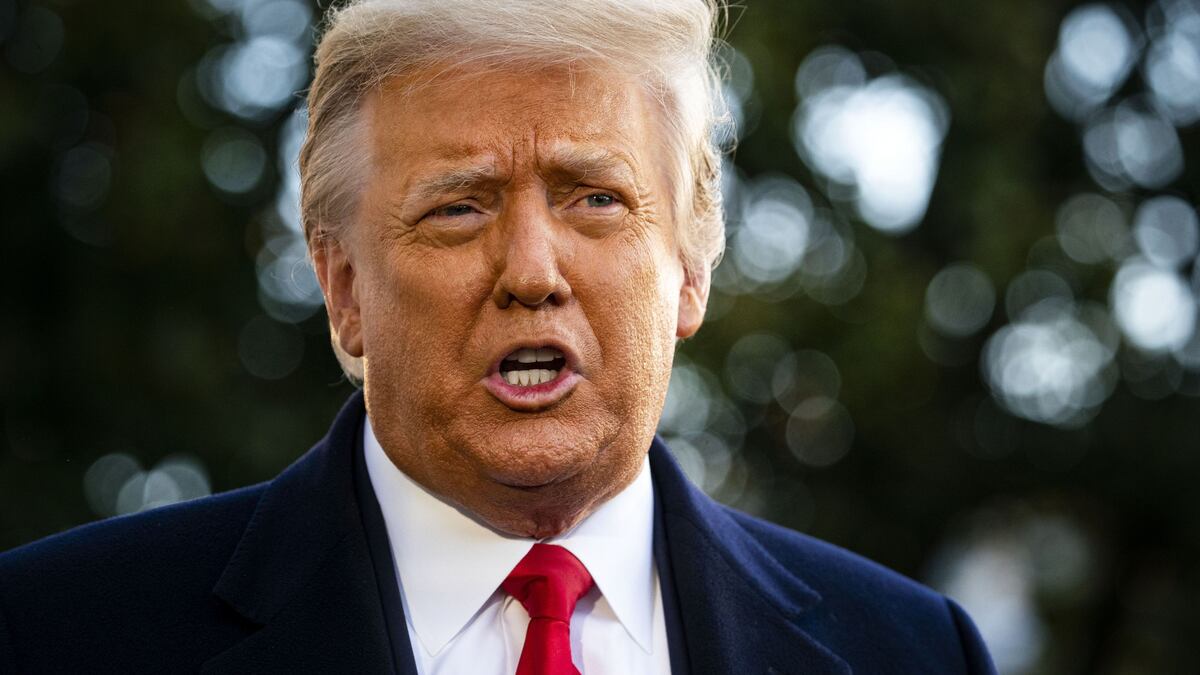- The crypto industry has poured money into campaign financing ahead of presidential elections in November.
- Does data support the notion that crypto voters will sway elections?
A version of this story appeared in our The Guidance newsletter on July 29. Sign up here.
Is there a broad base of crypto voters who could swing elections?
Michelle Bond says there is.
A Republican who ran for Congress in 2022, Bond is parlaying her experience to a voter registration programme called Project Swing.
The project will use consumer data to identify crypto enthusiasts who aren’t registered to vote, send them targeted messages, and help them register.
“We are identifying and recruiting an entirely new group of like-minded, pro-crypto individuals,” she said.
“This is an untapped demographic in this country that has never been contacted in such a way.”
Pouring money
Bond’s is just one such effort.
The crypto industry, fed up with an icy regulatory environment under the administration of President Joe Biden, has poured money into getting a Republican into office.
Blogger and crypto sceptic Molly White’s crypto funding tracker shows that crypto-focused political action committees have raised more than $182 million.
And it’s working. Republican presidential hopeful Donald Trump is now championing the industry in his campaign.
And 14 crypto-friendly lawmakers in the Democratic Party don’t want to miss out.
On Friday, they urged the Democratic National Convention to fight the perception that the party holds a “negative viewpoint on digital assets.”
Still, the jury is still out on whether crypto — a relatively small industry — means more to voters than abortion, immigration, or the economy.
Bond argues, however, that crypto isn’t distinct from the big issues.
“A crypto voter will understand the interconnectedness between this issue and other issues that drive folks to register and to the ballot,” she said.
“Crypto is a huge component of the top issues on voters’ minds” — financial inclusion, jobs, and maintaining America’s dominance in tech and finance.
What does the data say?
Polls funded by companies like Coinbase, Paradigm, and Grayscale find that crypto voters are a thing.
Sceptics like White shoot down those figures.
For example, White points to a poll of 1,200 voters in six swing states by Digital Currency Group.
DCG said that 21% of the polled group said crypto was a major election issue.
White said the broad wording of the question obscures that some in that group support aggressive stances against the industry.
Or take Coinbase’s figure, often cited in the press, that 52 million Americans own crypto.
In contrast, the Federal Reserve found that in 2023, 7% of US adults held or used crypto. That’s about 23 million people.
The problem with polls is that the data tends to reflect the views of whoever is paying for the research.
Even the most independent polls aren’t great predictors of elections.
The crypto industry’s polls “are genuine, carried out by polling agencies with good reputations,” researcher Noelle Acheson told me.
But, she added, “that doesn’t mean the results fairly reflect reality.”
Polls depend on sample size, demographics, geographics, and timing, she said.
It’s still useful research, however — particularly as “there isn’t yet comprehensive data on the political support question,” Acheson said.
Reach out to me at joanna@dlnews.com.
